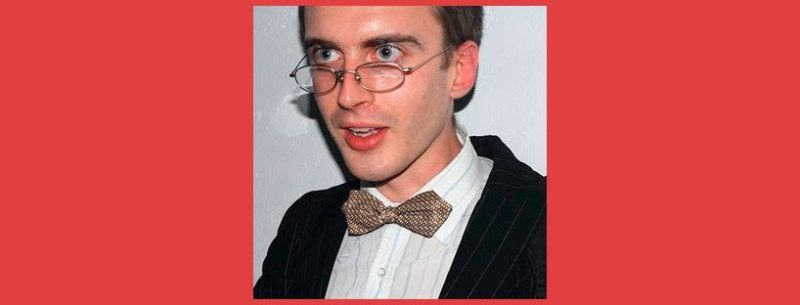Owen Gardner

Joeri Bruyninckx
Can you remember what first attracted you to music? Was it a record? A musician? A specific instrument?
Owen Gardner
My father is a musician who mostly plays what's called the "old time" music on fiddle and banjo. However, he made an effort to expose me to the widest variety of music sounds and genres, so music has been around me as long as I've been alive. When I was 10 or so I started playing cello. My teacher was another important influence, introducing me to Bach, modal jazz, and Turkish music, as well as giving me some early practical guidance in Just Intonation (I didn't know to call it that until much later). Hearing surf music and early rock & roll, especially Link Wray and Bo Diddley, as a teenager got me interested in playing the guitar. Soon enough, I was folded back into my dad's interests (which I shared by then), accompanying him at square dances.
JB
Why did you study Medieval European music? Why that period? Is there anything you learned from Medieval music that is still part of how you play today?
OG
I don't remember what initially drew me to Medieval music, but I've been interested in it for as long as I've been playing. I remember desperately trying to make sense of the Medieval chapter in the History of Western Music book before I could really read music. As soon as I started writing music, I did what I could to incorporate it into my work. With and without Horse Lords, I still constantly use techniques derived from Medieval music, particularly canon, hocket, and isorhythm. Some late Medieval music was extremely complex, even more so than anything else that would be written until the 20th century. That repertoire, now called Ars Subtilior, continues to influence me.
JB
Did you study non-Western music too? If so, what kind of it? African?
OG
I have never had a teacher in any non-Western music so I can't say I've formally studied it. However, I did study Ethnomusicology as a university student and I continue to study African music on my own. I am mostly interested in the multi-part organization and instrumental technique. Many Mauritanian classical musicians now play the guitar and I hope to eventually study with a Moorish guitarist. That said, a lot of what is perceived as the African influence in my playing comes indirectly through American folk music.
JB
In which way did the Baltimore underground music scene form you?
OG
It has changed a lot but has always been a very open and nurturing community. It rewards experimentation without judgment, although I think sometimes it would benefit from a little more judgment. I don't know if I could have dealt with the pressure of New York or more competitive scenes when I was starting out and I still wouldn't be able to deal with a higher rent. Baltimore isn't as cheap as it used to be at the time I moved there but it's still cheaper than most American cities. The lack of public services would shock any European and the rent is going up despite a lack of improvement in this area.
JB
How did you get involved in Matmos?
OG
The experimental music scene in Baltimore is very small so I met them shortly after they moved to the town. We started playing together not long after they learned I was a musician. They're very keen to fold in local talent!